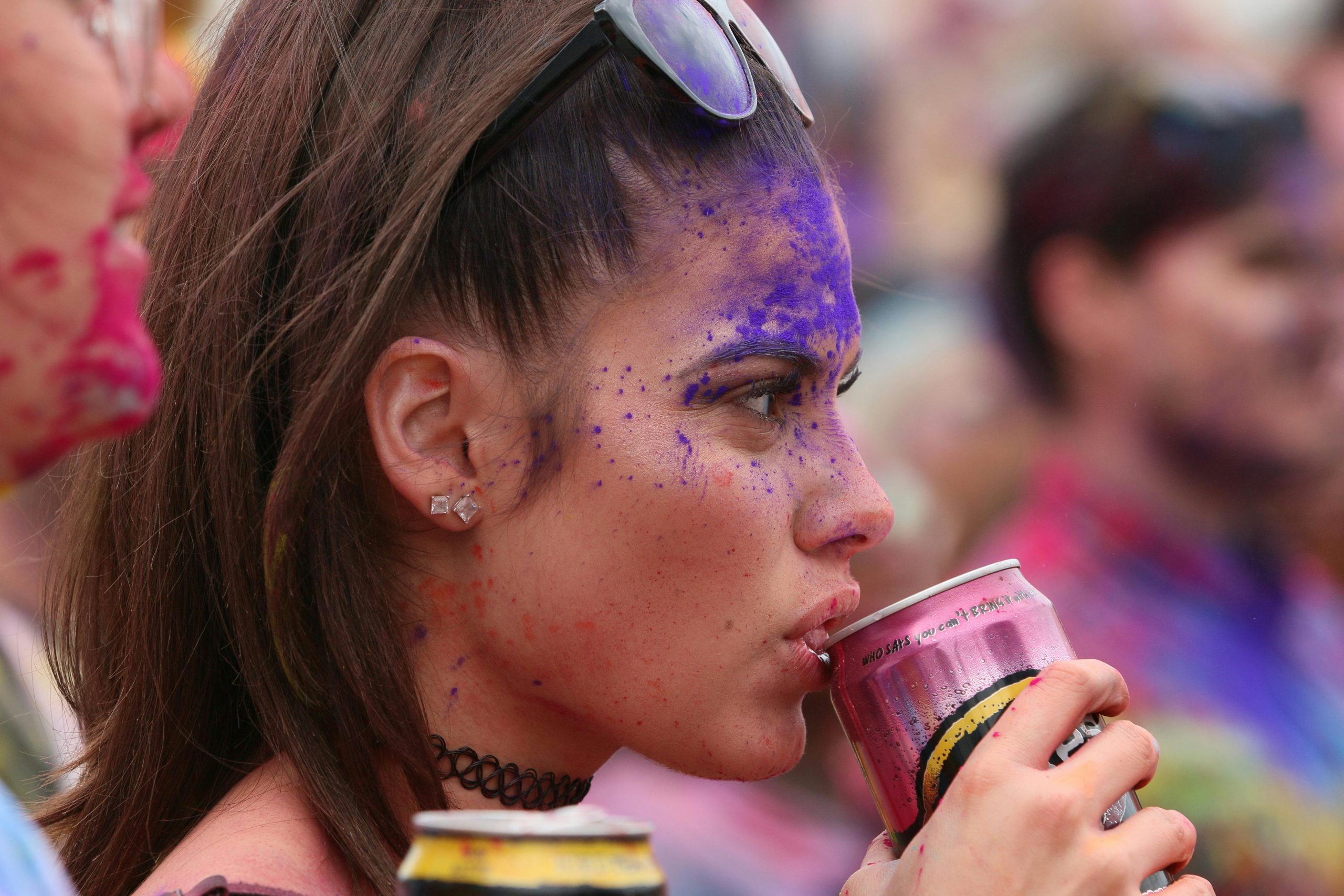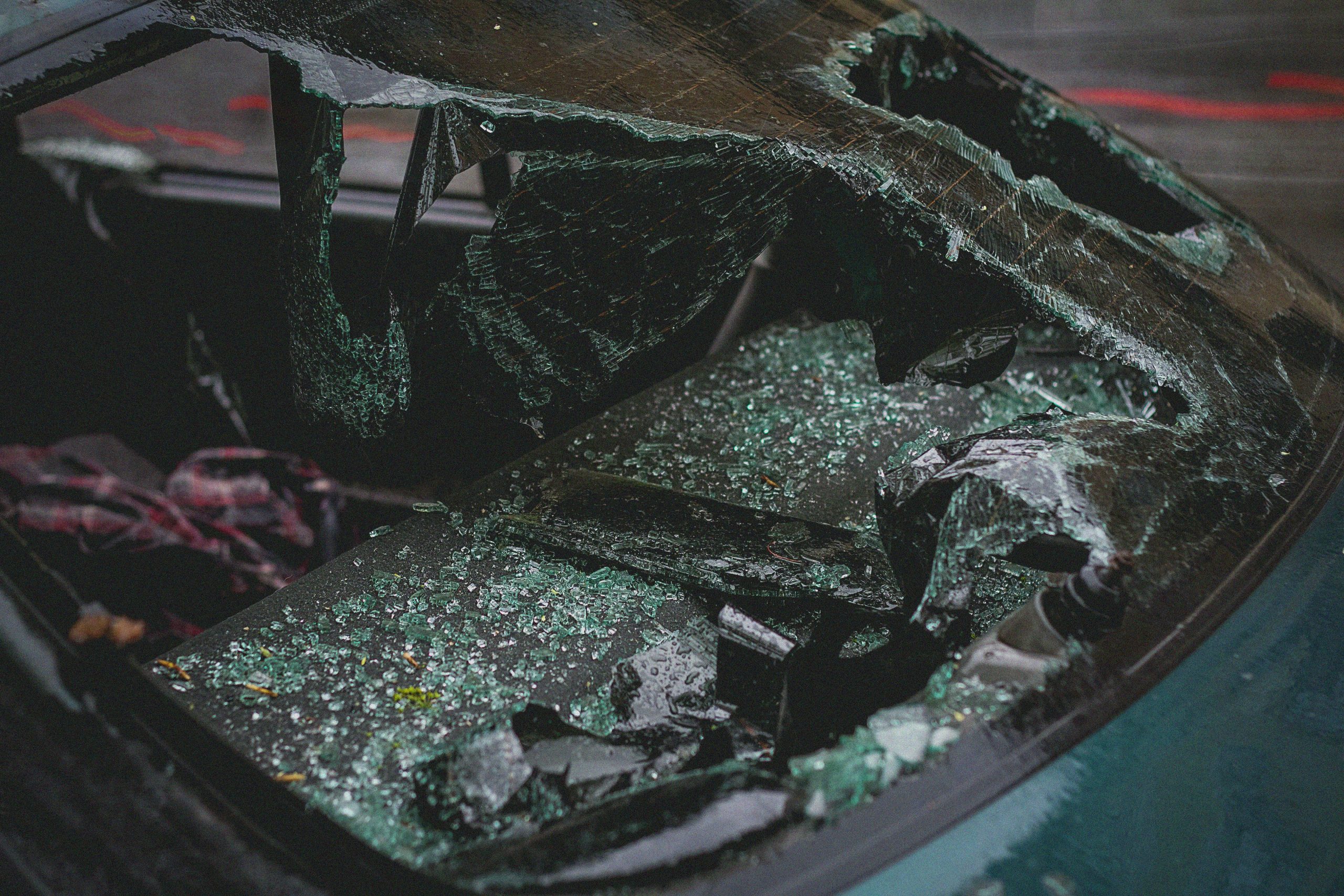Handling Car Repairs After a Drunk Driving Incident: Insurance Strategies and Considerations
When faced with the unfortunate event of your parked vehicle being hit by a drunk driver, navigating insurance claims can become complex, especially if the offender’s insurance provider experiences operational issues. Recently, some car owners have encountered such situations where the insurance company’s systems are temporarily inaccessible, causing potential delays in repairs.
Case Overview:
Imagine returning to your parked car only to find it damaged by a driver under the influence. Law enforcement intervened and provided the offender’s insurance details — in this case, Erie Insurance. However, the insurance company is currently experiencing a significant system outage, possibly due to a ransomware incident or similar technical disruption, forcing them to rely on manual, paper-based processes. This situation could extend repairs by several weeks due to administrative delays.
Practical Insurance Strategies:
Given these circumstances, car owners are considering alternative approaches to minimize inconvenience. One option is to utilize their own collision coverage — such as Geico’s collision insurance — to expedite repairs. Under this strategy, you pay the deductible upfront and have your vehicle repaired promptly. Subsequently, your insurance provider would pursue reimbursement directly from Erie Insurance once their systems are operational again.
Key Factors to Consider:
– Timeliness of Repairs: Using your own collision coverage may significantly reduce the repair timeline, getting your vehicle back on the road faster.
– Reimbursement Process: Most insurers agree to file subrogation claims against the responsible party’s insurer; however, delays caused by system outages could prolong this process.
– Deductible and Reimbursement: Expect to initially pay your collision deductible (e.g., $500). If your insurer successfully recovers funds from Erie, this amount is typically reimbursed.
– Liability and Coverage Limits: Verify coverage details and potential liability limitations with your insurer before proceeding.
Expert Advice:
In situations where the responsible insurer’s systems are down, prioritizing swift repairs may outweigh waiting for reimbursement, especially if delays could leave you without transportation for an extended period. Consulting with your insurance provider for specific guidance tailored to your policy and circumstances is highly recommended.
Final Thoughts:
Facing damages from a drunk driver is stressful enough without added administrative hurdles. By leveraging your own collision coverage, you can often restore mobility more quickly while your insurer manages the reimbursement process behind the scenes. Staying informed and communicating proactively with your provider will help ensure a smoother claims experience during these challenging times.



